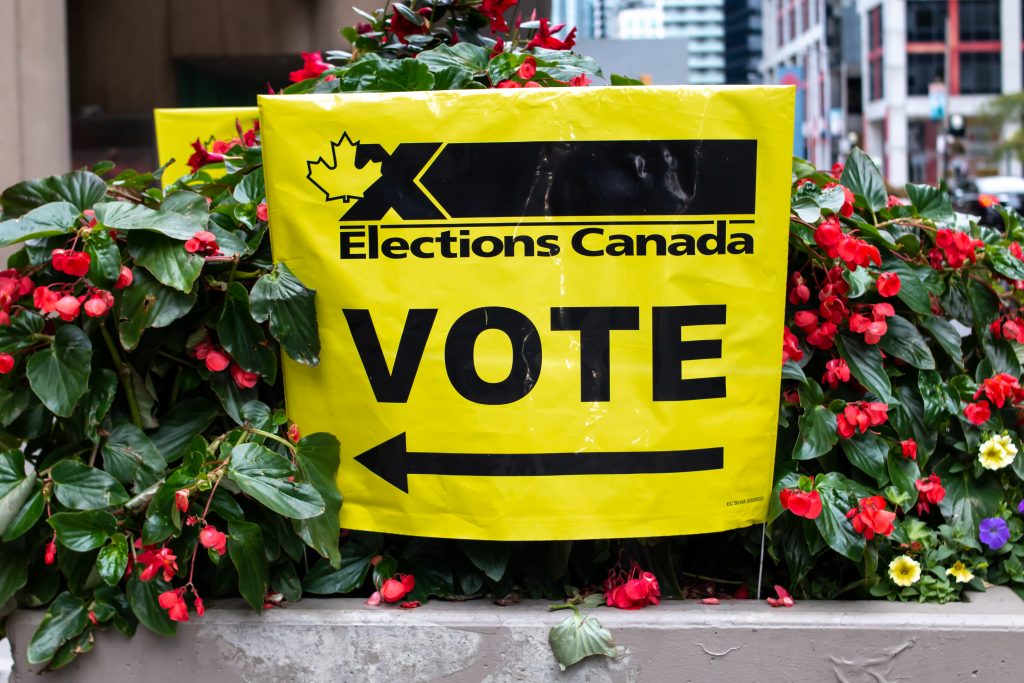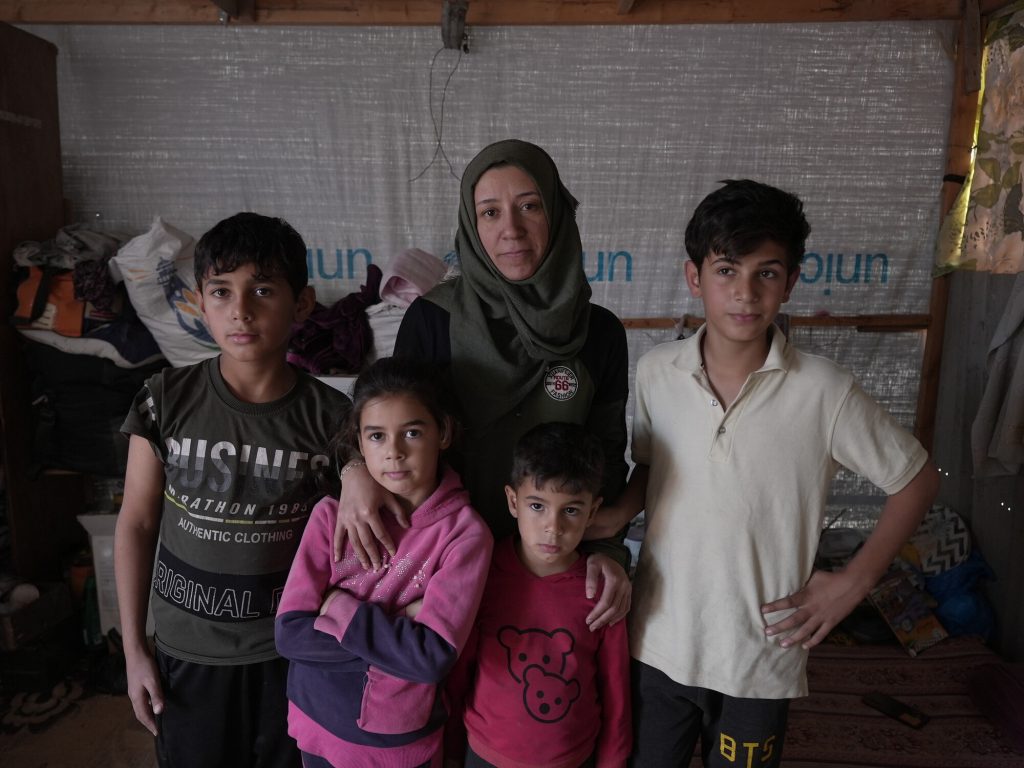SDG16: How Oxfam’s Work with Civil Society Contributes to Just and Inclusive Societies
The 2030 Agenda for Sustainable Development, adopted by all United Nations member states in 2015, provides a global framework for peace, justice, and prosperity for people and the planet. At its heart are 17 Sustainable Development Goals (SDGs). They represent calls to action that everyone – private citizens, companies, organizations, and government bodies – would do their part to realize.
It's an ambitious agenda that national governments alone can't deliver. The participation of different entities, including civil society organizations, plays a critical role in achieving the SDGs.
Why SDG 16 Matters
SDG 16 focus on peaceful, just, and inclusive societies has been recognized by the United Nations and other international bodies as a fundamental enabler of progress for the entire 2030 Agenda. This goal aims to improve people's lives by reducing violence, improving access to justice, and promoting effective, accountable, and inclusive institutions.
Achieving SDG 16's targets require conversations, consultations, and engagement with civil society in decision-making processes and policies. Civil society can hold governments and institutions accountable. They can demand transparency and challenge government decisions and policies that perpetuate systemic obstacles to a group of people or society as a whole.
How Oxfam's Civil Society Partnerships Contribute to SDG 16
A cornerstone of Oxfam's work in fighting inequality and patriarchy to end the injustice of poverty is the solid partnerships and close alliances we've established with civil society in the countries we work in, especially with women's rights organizations. We do so because we know they have a better understanding of local contexts and challenges and are, therefore, best placed to advance their human rights and equality.
Our efforts focus on the strengthening and growth of our partners' skills and capacities to enable them to hold governments – national, regional or local entities – accountable for delivering services, promoting participation and inclusive-decision making at all levels, and recognizing, protecting, and upholding the rights of women, girls, boys and men, in all their diversity, living in poverty and injustice.
This approach in our work makes the most profound and sustainable progress toward SDG 16's targets. The following are a few examples on how this looks like.
TARGET 16.B: Promote and enforce non-discriminatory laws and policies for sustainable development
Oxfam's Contribution: Championing Labour Rights for Domestic Workers in Bangladesh
Through our Securing Rights project, we've been working with local partners to improve domestic workers' ability to organize and advocate for their rights and influence policymakers to legally recognize domestic work as a formal occupation in Bangladesh.
Due to relentless advocacy efforts, Securing Rights has brought together a wide range of civil society organizations and government officials to discuss the inclusion of domestic workers in national labour legislation. Currently, the country's Ministry of Labour and Employment is assessing an action plan created by our partners to implement labour protection policies for domestic workers.
The project has also advanced the recognition of domestic work as a formal occupation.
Our partners developed an occupational skills training curriculum for domestic workers. It's being accredited for the first time in Bangladesh's history by the National Skills Development Authority. Close to 8,500 women domestic workers have completed this training through Securing Rights. Due to its official recognition, skill training institutes outside the project will soon be able to offer this training and certification nationally.
INSIGHT
Domestic workers in Bangladesh are vulnerable to exploitation, abuse, and violence due to the occupation's informal and therefore unregulated status.
Of the 10.5 million domestic workers in the country, a staggering 90 per cent are women.
TARGET 16.1: Significantly reduce all forms of violence and related death rates everywhere
Oxfam's Contribution: Influencing Legislation to Bolster Women and Girls' Rights in the Philippines by Outlawing Child Marriage
From 2016 to 2021, through our Creating Spaces project, we worked with partners in the Philippines and across five other Asian countries supporting movements advocating for laws and legislation that protect women and girls from violence and child, early and forced marriage.
Years of tenacious advocacy from the #GirlsDefenders alliance, a social change movement championed by our Creating Spaces partners and allies, led to the outlawing of marriage below the age of 19 through the Girls Not Brides Act, which finally became law in December 2021.
Though the passing of this legislation is historic, a hard turn away from an entrenched societal norm will take more time and action. Yet, the journey to reach this legislative milestone shows the power of collective action and how persistent advocacy and engagement with institutions and government can shape public policies to fight and end harmful practices.
INSIGHT
The Philippines ranks tenth in the world for the number of girls married or in a union before the age of 18.
TARGET 16.7: Ensure responsive, inclusive, participatory and representative decision-making at all levels
Oxfam's Contribution: Advancing the Participation of Indigenous Women and Youth in Municipal Affairs in Guatemala
Through the Camino Verde project, we've been working with local partners in Alta Verapaz, a district in north central Guatemala, supporting the development of sustainable business practices for small-scale enterprises headed by Indigenous women and youth.
To ensure these community initiatives thrive in the long term, Indigenous women and young people also need the knowledge, skills, and confidence to advocate for policy and community changes in favour of their rights. That's why rights education is a central aspect of the project, and it's already contributing to greater participation of Indigenous women and youth in local institutional affairs.
In all the six municipalities where Camino Verde takes place, our partners have established direct alliances with municipal institutions, opening spaces for Indigenous women and youth to engage in the review, update, and design of policies and initiatives to ensure they uphold women's rights in areas such as municipal budget allocation and social development programs.
INSIGHT
Four out of five Indigenous women in Guatemala live in poverty.
Indigenous women are three times more likely to live in extreme poverty than non-Indigenous women.
Supporting SDG 16 Means Supporting All SDGs
Oxfam's contributions to SDG 16 embrace inclusive dialogues and collaborations between civil society groups and institutional entities to achieve progress on the rest of the SDGs. Our partnerships exemplify our commitment to supporting communities to assert their rights and build better lives.
Without continuous efforts toward peace, equality, justice, and inclusion at all levels, none of the SDGs can be achieved fully.
Elena Sosa Lerín is a knowledge translation and communications officer at Oxfam Canada.
We thank Rotbah Nitia, Program Impact manager from Oxfam Canada's International Programs department, for contributing to this piece.
Thanks to Our Supporters!
All projects mentioned in this post are undertaken with the financial support of the Government of Canada, provided through Global Affairs Canada, and the generous Canadian public.


